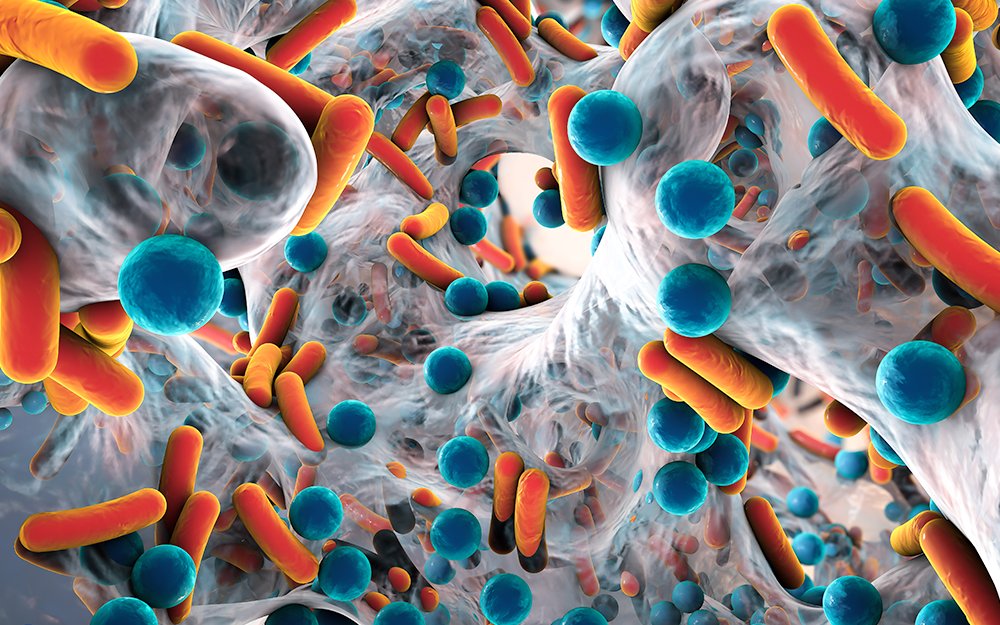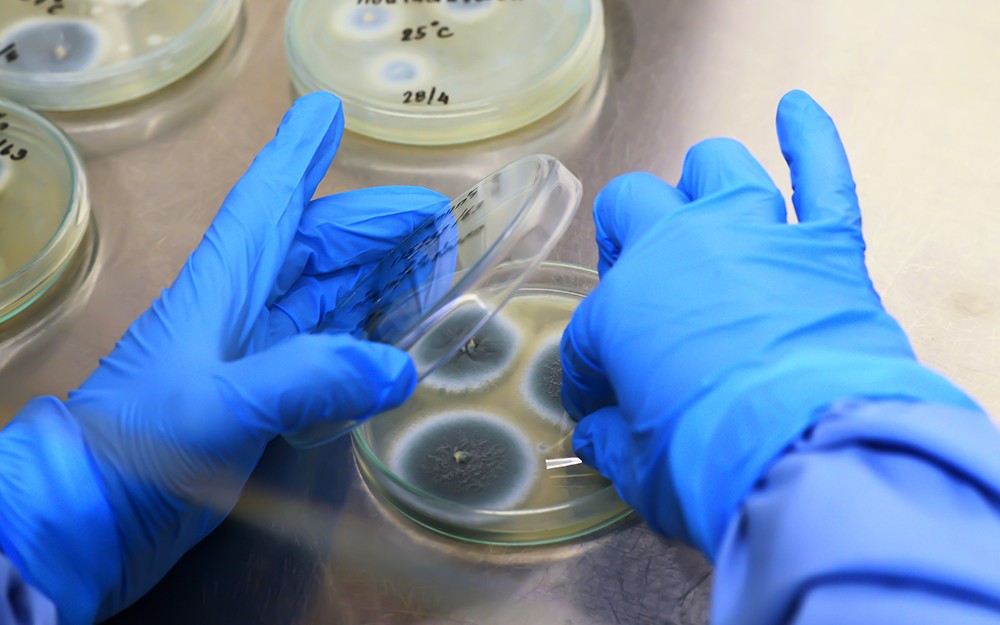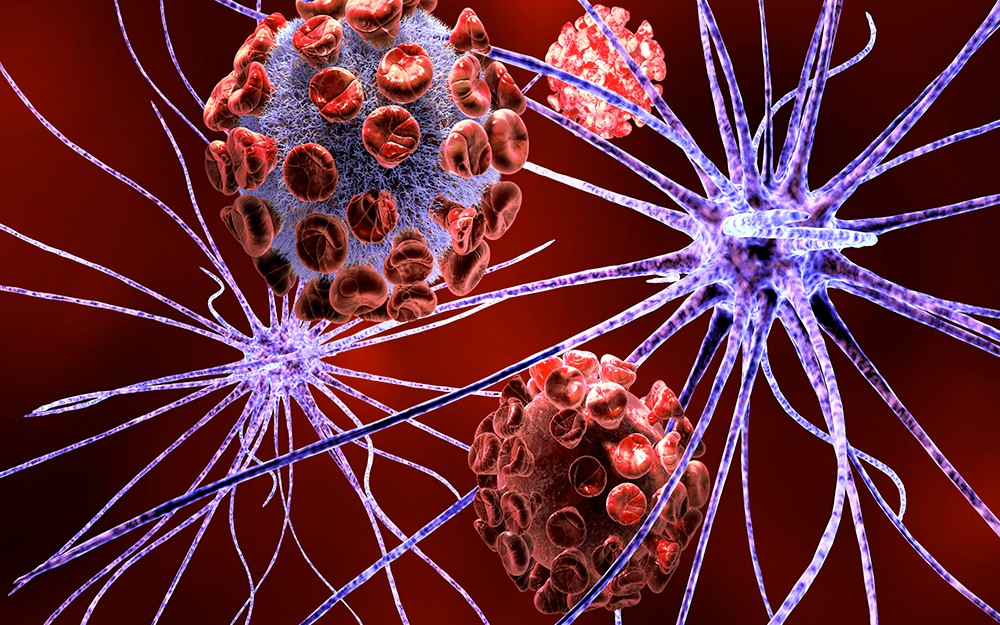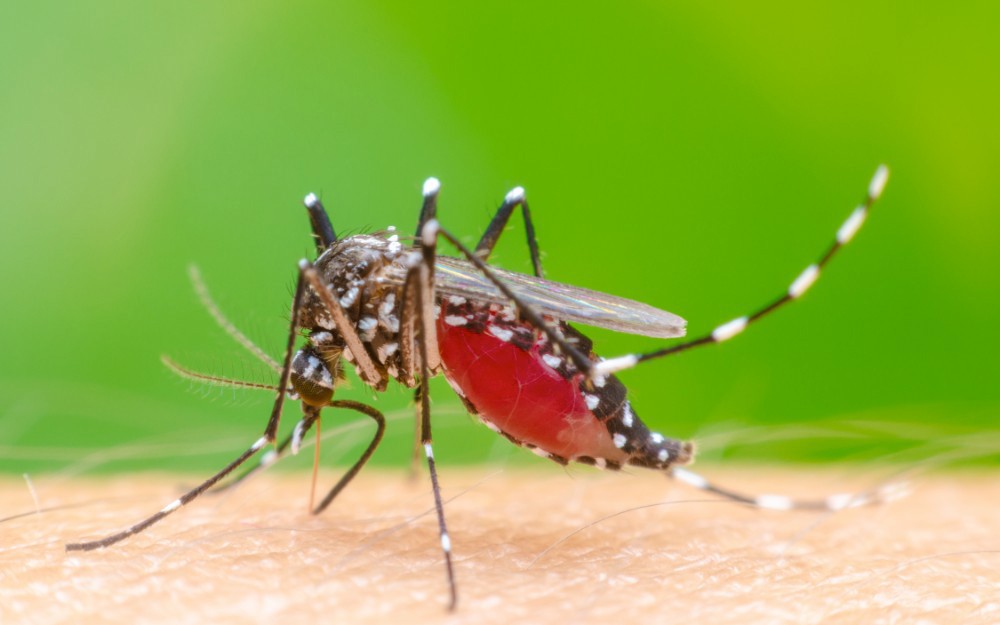Research in this cluster focuses on:
- Pathogen adaptations
- Gene function
- Chromosome structure (anti-cancer agents)
Survival and growth of the pathogens in hosts requires adaptation to stress and environment through modulation of the genomic transcription profile and acquisition of resistance. Viability and proliferation of cancer cells following radiation and chemotherapy treatment also requires stress response and DNA repair functions.
Experimental and computational studies of the biomolecular pathways for signaling and response can provide new mechanistic insights and identify targets for development of novel treatment for superbugs and cancer. Host factor hijacked for replication of viruses including COVID-19 and Dengue is a target for discovery of broad spectrum antiviral treatment. Nanotechnology is utilized for deliver drugs to the required site of action to enhance selectivity and overcome resistance.
Projects
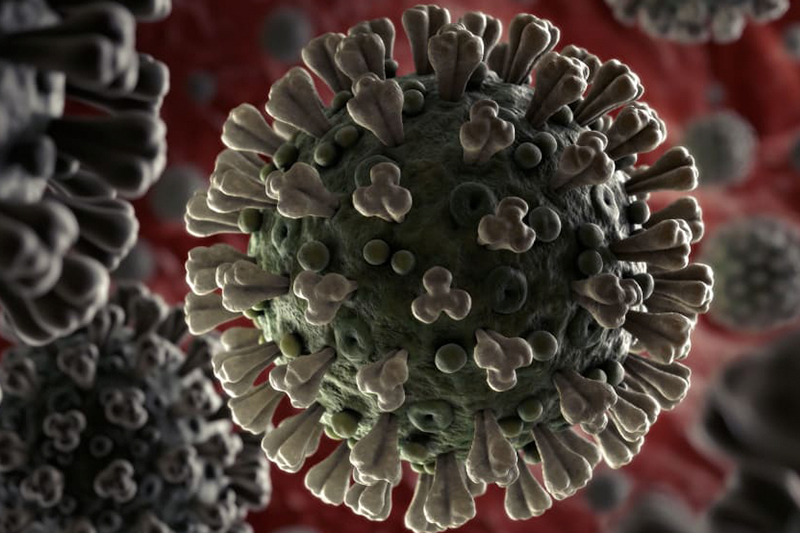
COVID-19 Research
We are collaborating with scientists across the country to search for potential treatments for the novel coronavirus.

